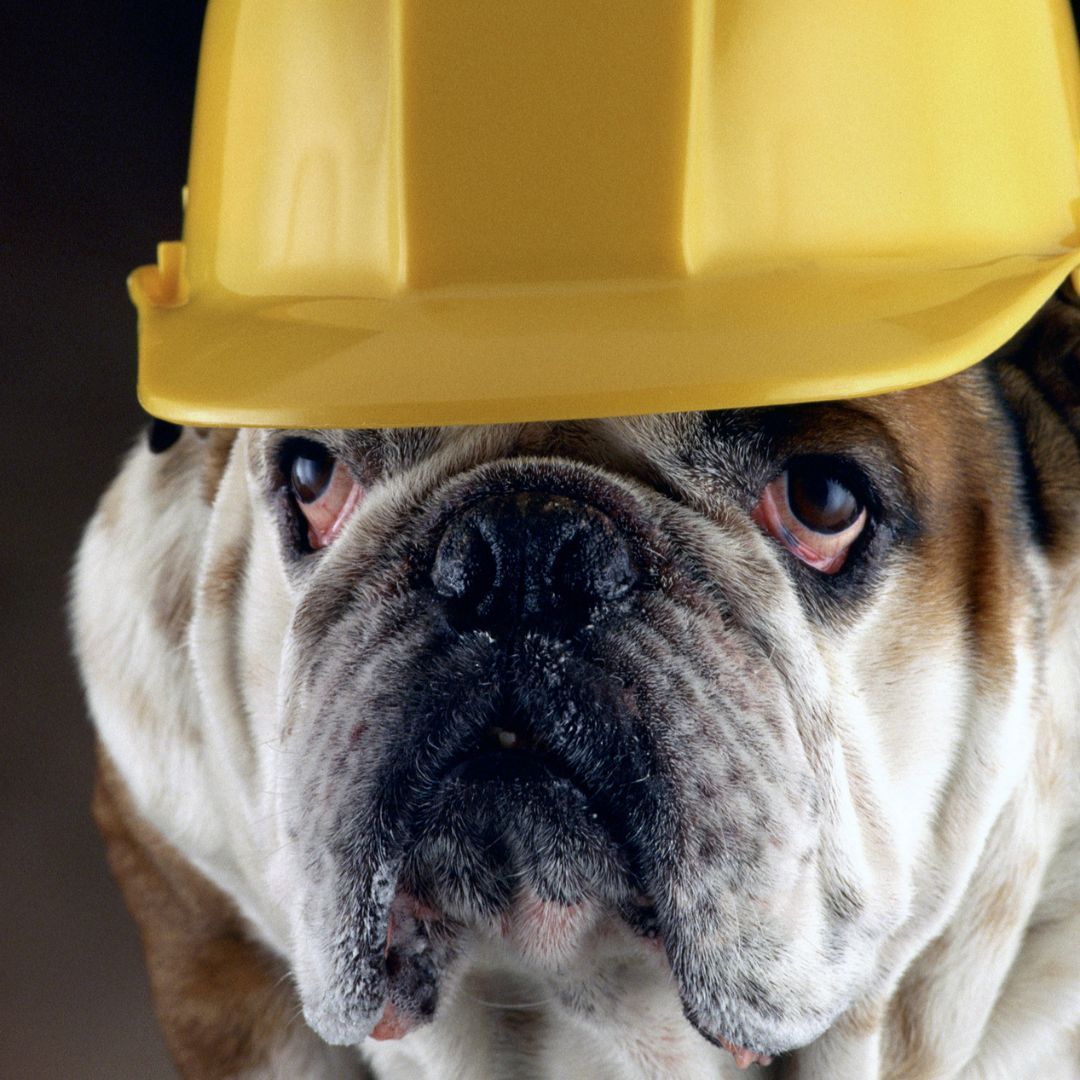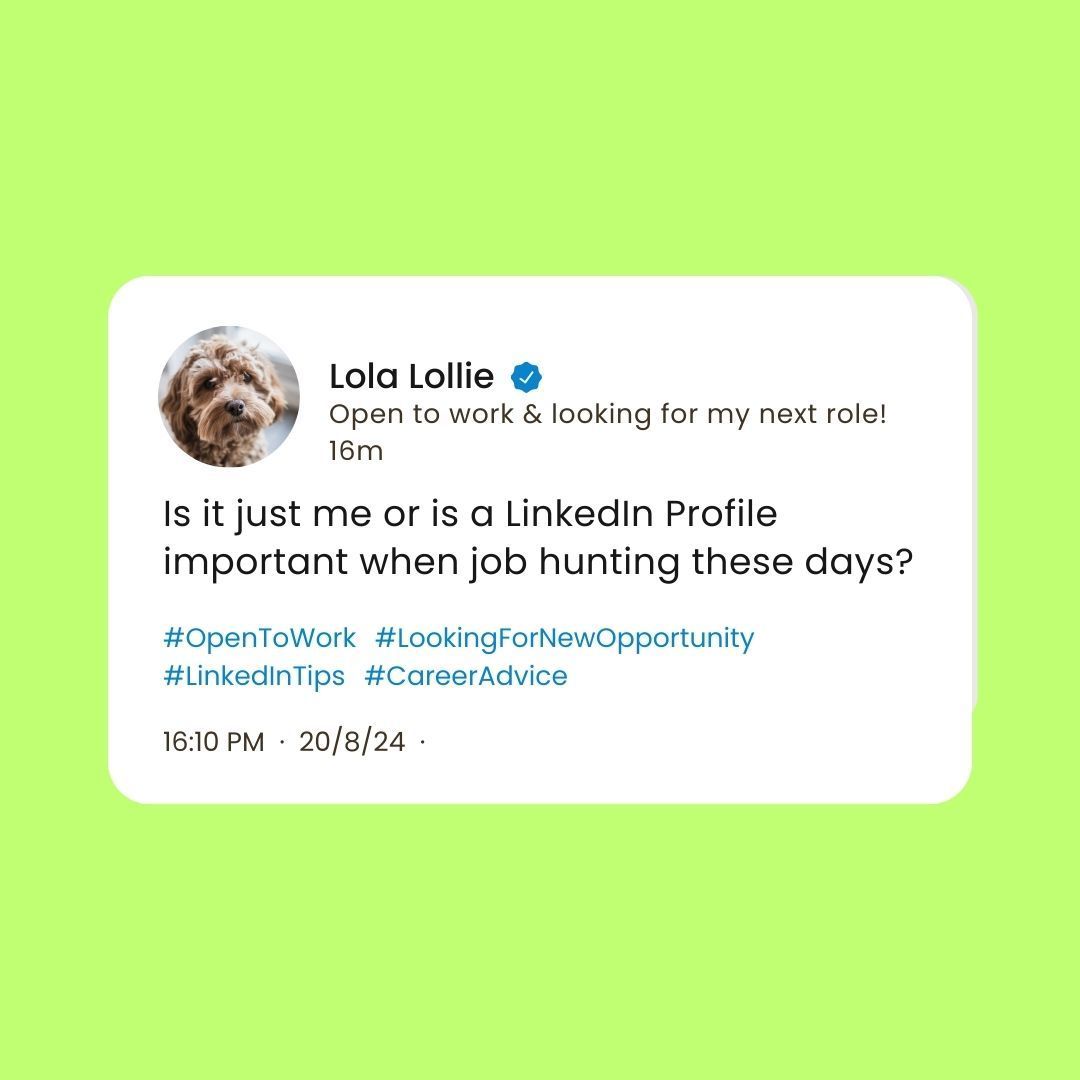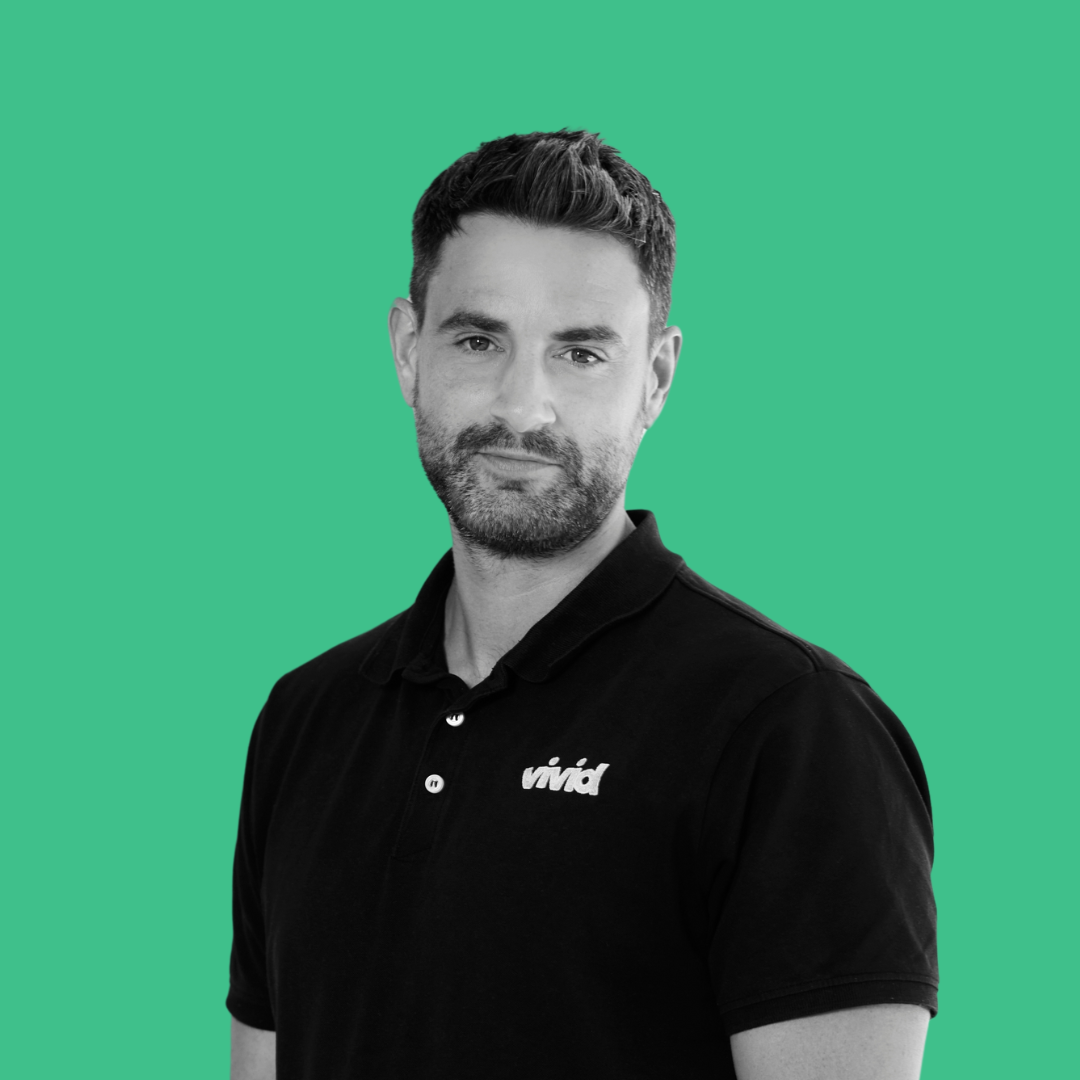Burnout, Balance & Checking In: Why Work Can Wait, but Your Health Won’t
Spring is here, the days are getting longer, and summer is on the horizon. For many of us, it’s been a long winter of dark mornings and busy workloads (though those up north may not have felt it quite so much). As the year-end rush looms, burnout often becomes an issue – and it’s something we all need to take seriously.
This month also brings R U OK? Day (11 September) – a timely reminder to check in with colleagues, friends, and ourselves. Because while work will always be there tomorrow, your health can’t be put on hold.
Too often, long nights, early mornings, and constant busyness are worn like a badge of honour. But overworking isn’t resilience – it’s a fast track to burnout.
Building Your Own Burnout Toolkit
Managing stress and protecting your wellbeing isn’t about big, dramatic changes. Often, it’s the small, consistent actions that make the biggest difference. Here are some ideas you can try:
- Long walks (fur child in tow if you’ve got one – they’re the perfect excuse to step away from the laptop)
- Blocking out weekends for proper downtime – “do nothing” days included
- Planning little getaways, even if it’s just a change of scenery for a couple of days
- Setting a hard finish time each evening – no sneaky emails once the tools are down
- That also means putting the phone and social media away – ideally at least two hours before bedtime
- Getting comfortable with saying “no” when the calendar (or your energy levels) say otherwise
- Trying pilates or another movement practice that helps you reset physically and mentally
- Building a short daily ritual – like journaling, meditation, or reading – to signal the switch from work mode to home mode
The point isn’t to do them all – it’s about finding what works for you and sticking with it.
Here’s an important perspective to keep in mind:
- If something happened to you, your workplace would replace you in a heartbeat.
- Your family, friends, and loved ones can’t.
Spotting the Signs of Burnout in Others
Burnout isn’t always obvious. According to R U OK?, if you’ve noticed two or more of these changes in someone over the past fortnight, they might need extra support:
- Physical changes – looking unusually tired, frequent illness, headaches, changes in appetite, drinking more than usual.
- Mood changes – more irritable, anxious, overwhelmed, or snapping quicker than usual.
- Behavioural changes – withdrawing from others, losing interest in hobbies, struggling to focus, or avoiding social situations.
- Shifts in thinking – focusing on the negative, assuming the worst, or expressing irrational thoughts.
If these red flags sound familiar, it may be time to check in. A simple, genuine “Are you okay?” can sometimes open the door to a much-needed conversation.
Checking In – With Others and Yourself
As we move into the final stretch of the year, remember: protecting your health and wellbeing isn’t selfish – it’s essential. Whether that means slowing down, saying no, or setting boundaries, the small steps you take now will make a big difference to how you finish the year.
At Vivid Recruitment, we see firsthand how demanding the Architecture and Engineering industries can be. But we also know that the best work comes from people who are supported, balanced, and able to bring their best selves to the job.
So this September (and beyond), check in on your colleagues, your mates, and yourself. Work can wait. Your health won’t.
Helpful Resources
R U OK? Day – 11 September is an important reminder to start conversations that could make a real difference. Their website has excellent tools, conversation starters, and guides on how to support someone who might be struggling: www.ruok.org.au
Other helpful resources include:
- Beyond Blue – support for anxiety, depression, and mental health: www.beyondblue.org.au
- Lifeline – 24/7 crisis support and suicide prevention services: 13 11 14 | www.lifeline.org.au
- Headspace – support for young people and their families: www.headspace.org.au
If you or someone you know needs support, reaching out is the first step.










